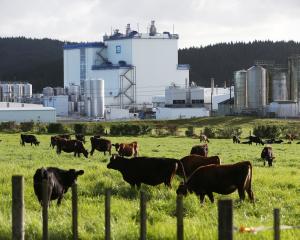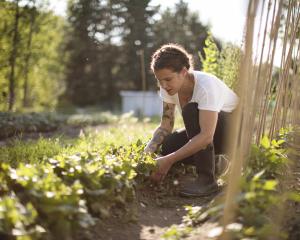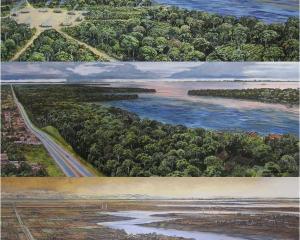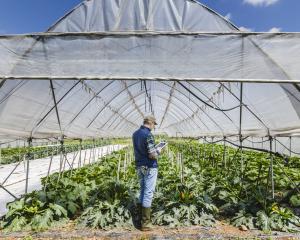
Community food centres are an emerging model that is being used to bring people together to grow, cook, share and advocate for good food by building capacity of individuals and communities to work towards a healthy and fair food system, Sean Connelly writes.

The Stop Community Food Centre in Toronto is often pointed to as a model of what can be accomplished through a community-based approach to food justice.
"The Stop" was initiated more than 30 years ago as a foodbank in a Downtown Toronto church hall where the congregation was growing increasingly concerned about hunger and poverty in the community.
However, they quickly recognised the limits of a charity model where their essential role of providing food for the hungry was not addressing the larger issue of poverty.
It was failing to engage people with their community and they were giving the false impression that grocery stores, restaurants and individuals could address poverty by donating excess food, while the social causes of hunger remain.
The Stop therefore transformed and began to incorporate political and social organising into their on-going emergency foodbank programme through community advocacy and cooking and gardening classes.
It has since expanded its approach to incorporate community kitchens and gardens and organic urban agriculture initiatives that include a 278sq m glasshouse and compost demonstration centre and a 750sq m community garden that allows for the production of nearly 2000kg of fresh organic produce a year.
The Stop also runs a "Yes-In-My-Backyard" programme that connects people who would like to garden, but do not have the space with those who have space they are willing to share.
These urban agriculture initiatives provide community members the opportunity to learn about environmentally-friendly methods to grow fresh produce year round in the city.
The produce grown supplements the daily drop-in breakfast and lunches, community cooking classes and a produce market that is open to all community members.
In doing so, The Stop’s holistic approach to improving access to healthy food by supporting community members to build mutual support networks, access resources and engage with the social and political causes of hunger moves it beyond the charity model that divides society into the "haves" and the "have nots".
So what lessons does this provide for us in Dunedin?
We do not have as long a history of engaging with food, hunger, health and sustainability in a coordinated way.
However, we do benefit from not having to figure out how to begin from scratch and we can learn from the experiences of many other places and many other approaches.
These lessons can provide us with short-cuts to addressing the quality of life for all residents through thinking of the food system differently.
Capitalising on the lessons from other places requires us to get beyond thinking of specific initiatives such food banks, community gardens, food boxes or farmers markets as isolated responses to changing one part of the food system.
Instead, we need to start to work together across diverse food related initiatives to directly challenge the existing approach to food that creates hunger, waste, poor health outcomes and negative environmental impacts.
We can all recognise that these outcomes are unacceptable and we can all support efforts to establish alternatives.
- Sean Connelly is a lecturer in the University of Otago Department of Geography. Each week in this column, one of a panel of writers addresses issues of sustainability.












